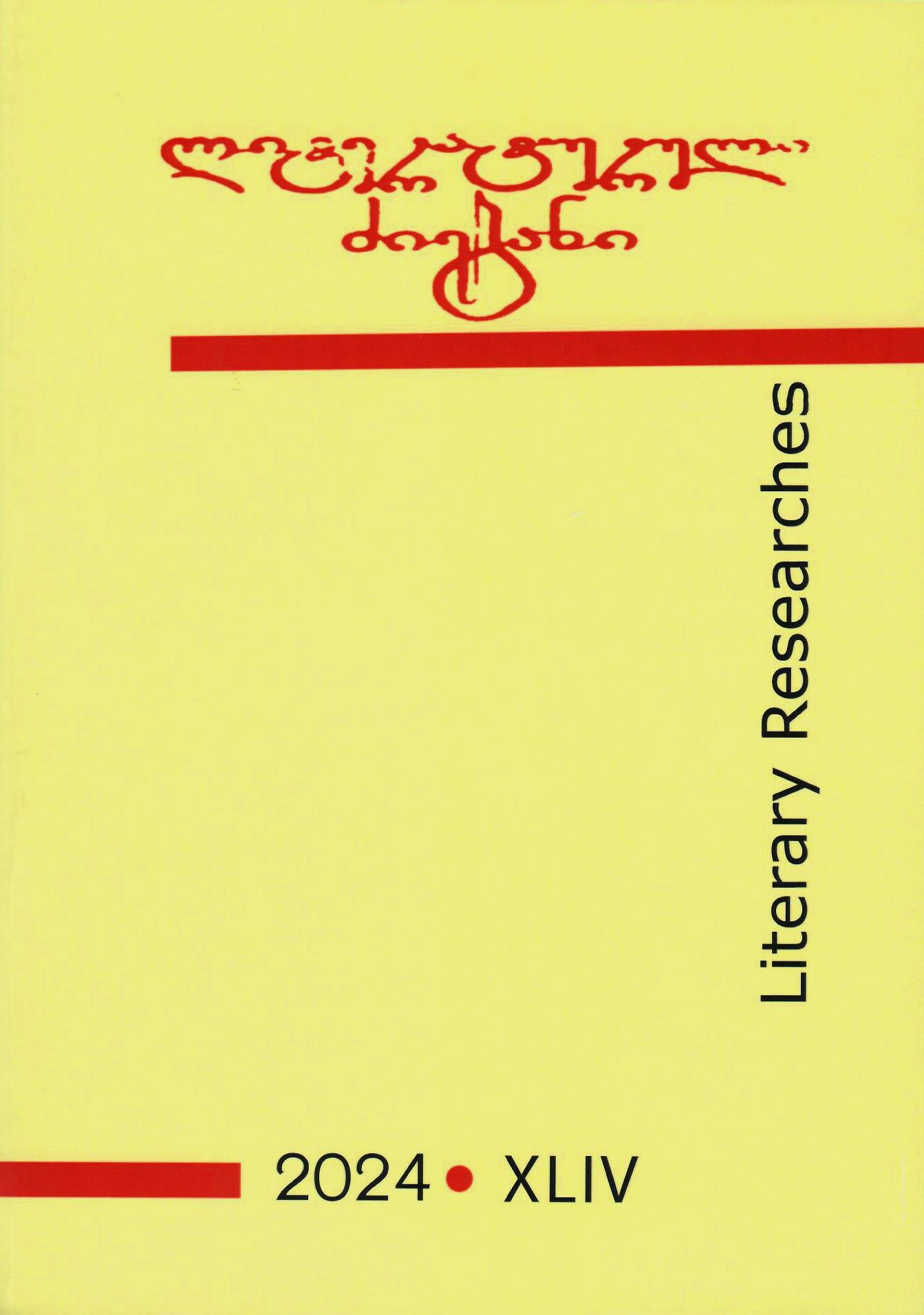გამოქვეყნებული 2024-11-27
საკვანძო სიტყვები
- ტოტალიტარიზმი,
- სოციალისტური რეალიზმი,
- კრიტიკა,
- კლიშეები,
- პოეზია
როგორ უნდა ციტირება
ანოტაცია
The Second World War had just finished when (1946, 5.V) student Ana Kalandadze recited her first poems at the Writers’ Union of Georgia, the majority of which were later recognized as masterpieces. War and post-war poetry was strictly limited to declarative, conjunctive style and themes, which did nothing to do with Ana Kalandadze's pathos. She was warmly appreciated, and soon after her first performance, her poems were published in Georgian journals. It was a promising start. However, everything radically changed in August 1946 with a new wave of repression launched by the totalitarian Soviet system. Anna Akhmatova, Mikhail Zoshchenko, Nikolay Tikhonov were severely reprimanded by the decision of the Central Committee of the CPSU ... the latter was dismissed from the chairmanship of the board of the Writers' Union. There were no objective reasons for such a decision by the government. Such was the subjective attitude of the evil empire towards freethinking. The repression campaign begun in Moscow was then extended to the "union" republics. Taking into account the message received from the center, in 1946, literary magazine “Mnatobi” (No. 9, 10) sharply criticized Ana Kalandadze's poetry for not being guided by advanced ideas, being trapped in decadence, etc. From now on, Ana Kalandadze's free poetry would have to follow the censor's orders. She refused to obey, stopped publishing poems, and only in 1953 her first book came out.
Post-Stalinist liberalization has made it possible to avoid the absurd clichés of socialist realism since the second half of the twentieth century. In Georgian scientific criticism, Ana Kalandadze is regarded the first author (I. Ratiani), who overcame this tough path of transformation and created poetry with new artistic values. In her poems, it is especially important to present with greater intensity the spiritual world of the lyrical hero, personality. Her lyrical reflections, lyrical monologues, biblical motifs, historical themes organically blend into the poet's thought system, thinking about the meaning of life. The early poetic forms of life and beauty, her palette, were colored with new, complex feelings of earthly life, existential visions. Her lyrics largely determined the achievements of Georgian poetry in the second half of the 20th century.

